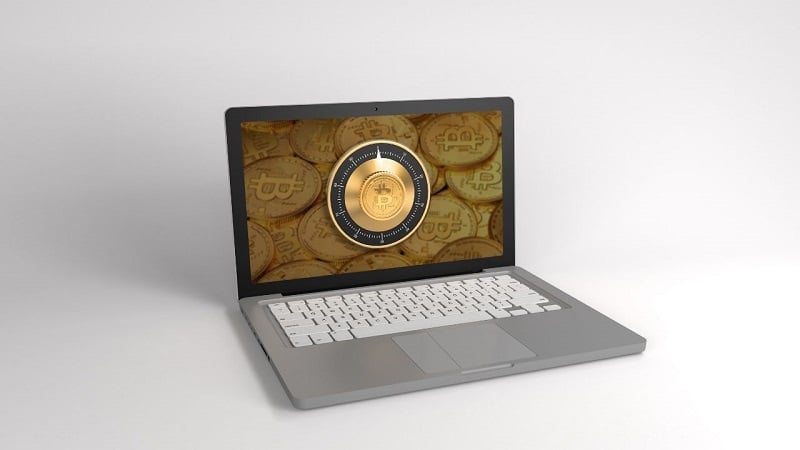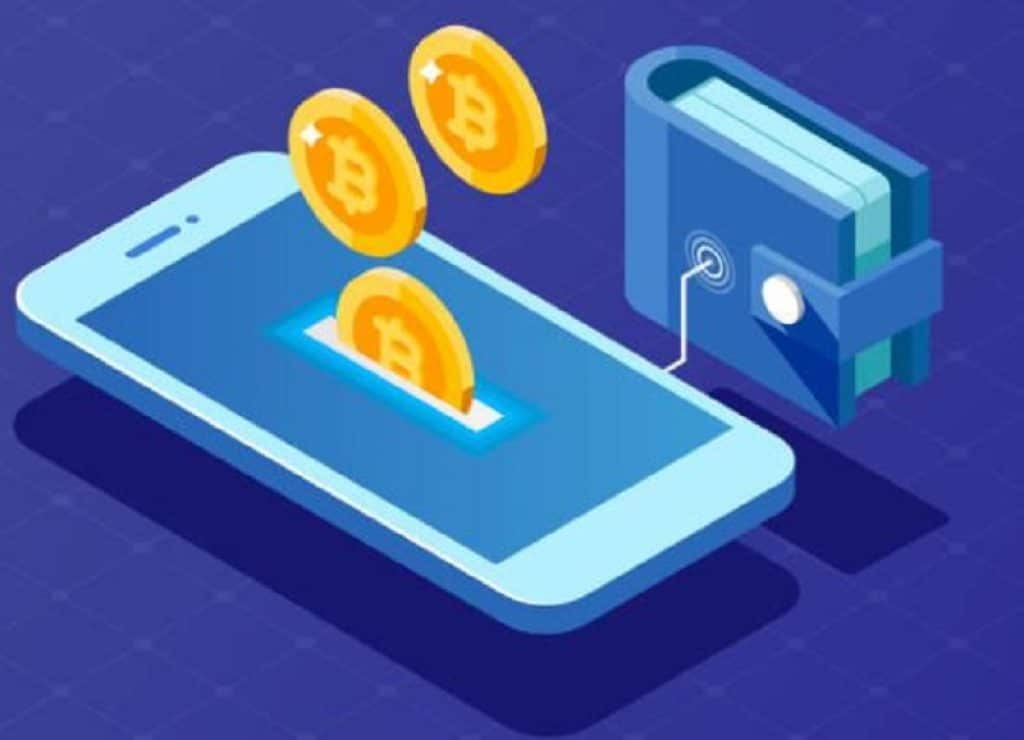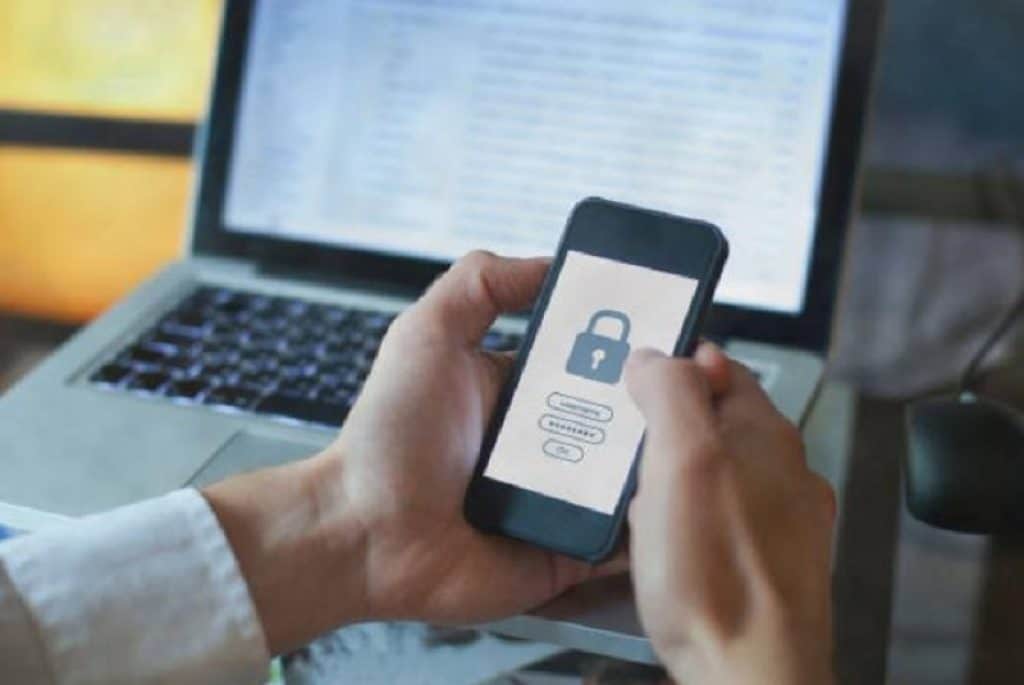
Cryptocurrency wallets are specially designed wallets that digitally store keys that are used to sign the transactions digitally for distributed public ledger known as Blockchain.
But the crypto wallets are not only the keepers of cryptocurrencies; and instead, they can also be used to signify the financial status and personal identity of users. Basically, cryptocurrencies are used in digital wallets, also known as crypto wallets. If you have crypto wallets, you can easily trade bitcoin via bitcoins mining mechanism that provide an effective user interface to all its users.
The crypto wallet is software that stores private and a public key that is used to access crypto tokens like bitcoin. Private keys are the secret keys that are stored in crypto wallets that are used to prove ownership of crypto assets. In order to execute bitcoin and other crypto transactions, the crypto holder is required to use private keys to sign digitally.
The transactions crypto wallets are similar to keys of car blockchain. If you don't have keys, you won't be able to drive the car, and without keys, you won't be able to prove that car is yours.
What work do crypto wallets do?

The crypto wallets are designed to keep track of public and private keys to sign the transactions digitally, but along with it, it also stored the bitcoin wallet address of each wallet on blockchain and depicted at which asset how much crypto assets reside. If any crypto holder loses control over their address or private keys, this means that they lose control over their funds. However, there are two different types of cryptocurrency wallets known as hardware wallets and software wallets.
Hardware and software wallets are also sometimes referred to as hot and cold wallets. Hot wallets are wallets that can be operated and accessed without an internet connection. Users can purchase bitcoins from crypto exchanges and can transfer their crypto tokens from crypto exchange to digital wallets. The best type of hot wallets is paper wallets that generate private and public keys on a piece of paper. Users can make transfers directly by scanning the QR code.
On the other hand, another type of wallets is cold wallets that are offline wallets that can be downloaded on smartphones or computers. The best example of cold wallets is Dash QT and Exodus.io. These are considered more secure as compared to hot wallets because these wallets don’t require an internet connection. Hackers try to attack the wallets that provide online security, and they try to attack the smartphone or desktop through malware attacks or viruses.
In 2014, a crypto exchange named Mt. Gox was hacked by hackers, and they steal around 850,000 bitcoins which were worth $450 million. Despite crypto exchanges, bitcoin wallets are also attacked, and hackers tend to steal all crypto tokens of crypto holders through malware attacks. Many thefts and hacks have taken place in the past decade, and the only reason behind this is not using security measures to protect bitcoins and other cryptocurrencies.
How to reinforce the security of crypto wallets?

Most of the experienced crypto investors and crypto analysts recommend bitcoin investors to convert their bitcoins into fiat currencies. Storing cryptocurrencies in wallets is challenging as there are high chances that your private keys can get attacked or steal. You can convert crypto coins into fiat money and can secure them in vaults or bank accounts. Make use of paper wallets as these allow wallet owners to generate private keys on a piece of paper that can be stored in the safety box.
Other security measures can be used to protect and strengthen the security of digital currencies like two-factor authentication, encryption/decryption of wallet, and more. Crypto holders need to understand the creative ways that are used by criminals to attack smartphones to get access to bitcoins. It is highly recommended to make use of cold storage wallet to secure your digital coins.
But still, there are many issues with cold wallets as well. If users didn't create a backup of their wallet and lose it, they would lose their digital assets. If you lose the device or private keys, this is means you are not the owner of the digital wallet and crypto tokens that resides on the blockchain ledger.










